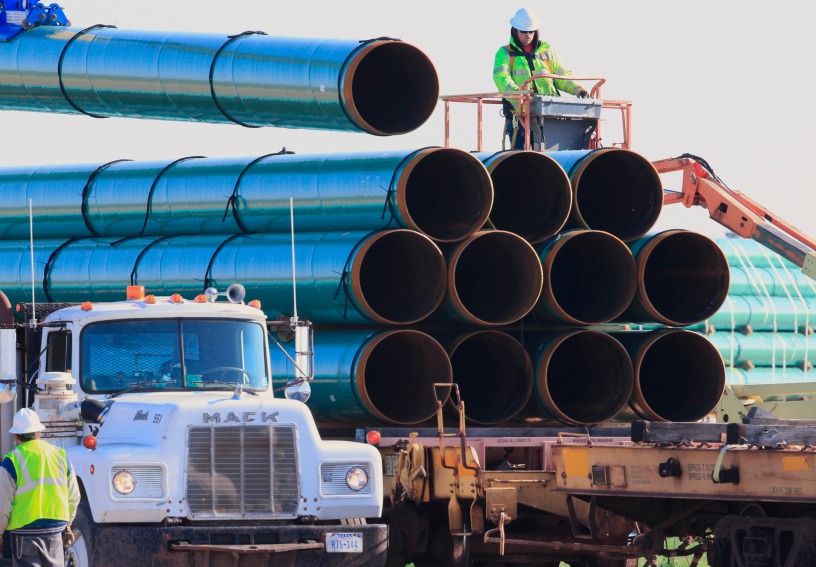West Virginia State Building and Construction Trades Council Releases report on Impact of Repealing Prevailing Wage Law
(CHARLESTON, WV) – The West Virginia State Building Trades Council and Affiliated Construction Trades (ACT) released a national report today showing the disastrous effects of repealing West Virginia’s prevailing wage law.
Conducted by researchers at the University of Missouri-Kansas City and the Midwest Economic Policy Institute, the report evaluates now public, post-repeal economic and school construction project data, allowing claims made by legislative leaders during debate leading up to the repeal to be accurately tested.
“Despite legislative leaders promising a savings to taxpayers, saying the State could “build five new schools for the price of three,” the repeal has failed to provide any cost savings on school construction projects for taxpayers,” said Affiliated Construction Trades Director Steve White. “Instead, the prevailing wage repeal has negatively affected construction workers, contractors, and communities throughout the state.”
Prevailing wage laws have been a focus of public policy debates across the country for several years; however, regardless of an emerging academic consensus showing that prevailing wage laws lead to enhanced productivity, higher wages for construction workers, and better safety outcomes while having little to no discernible impact on total construction costs, the West Virginia legislature completely repealed prevailing wage in May 2016.
White says it’s no surprise the repeal produced nothing more than a race to the bottom.
“Construction worker wages have in some cases fallen, and in most cases, not kept pace with the rising cost-of-living, apprenticeship training has fallen significantly, and on-the-job injury rates have worsened. Additionally, more out-of-state firms have entered the market and won bids on public projects. But above all, the repeal has failed to provide any cost savings for taxpayers.”
This report was prepared for the Affiliated Construction Trades (West Virginia) and the National Alliance for Fair Contracting (NAFC). It can be viewed here.
About the Authors:
Michael Kelsay, PhD is a Professor of Economics at the University of Missouri – Kansas City (UMKC). He earned his Doctor of Philosophy in Economics from the University of Tennessee-Knoxville and his Master of Arts in Economics and his Bachelor of Arts in Economics from the University of Missouri – Kansas City.
Frank Manzo IV, MPP is the Policy Director of the Midwest Economic Policy Institute (MEPI). He earned a Master of Public Policy from the University of Chicago Harris School of Public Policy and a Bachelor of Arts in Economics and Political Science from the University of Illinois at Urbana-Champaign. He can be contacted at fmanzo@midwestepi.org.
